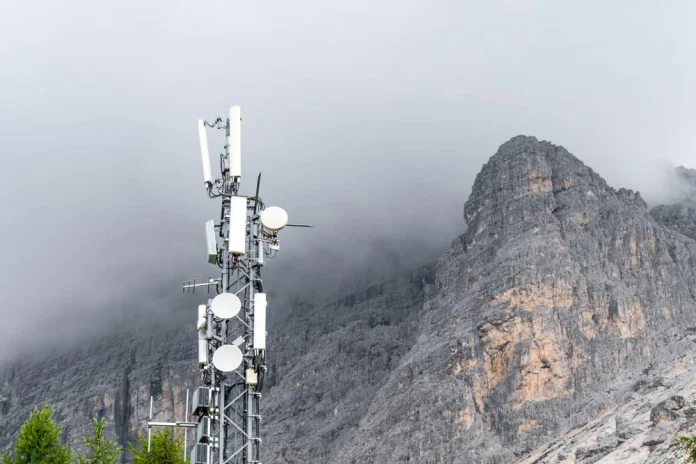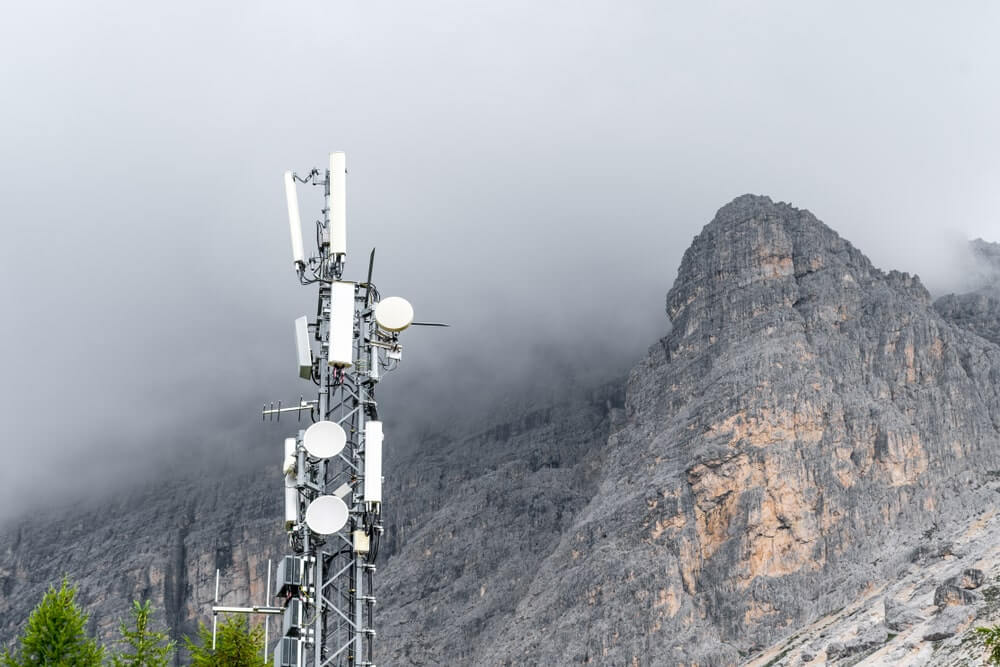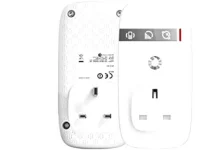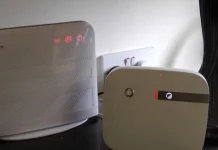
Many internet users have often complained of lower signals and speeds when there is extreme weather. This post will help you understand whether this is a myth or a reality.
Imagine it is winter and the weather is extremely awful. Outside, the wind is howling and the temperature is dropping astronomically. Since you cannot go outside into the storm, you pick up your laptop and smartphone, look for a cup of hot cocoa and curl under a warm blanket for some entertainment. But lo and behold! The internet connection speed is slower than a tortoise. What could be the problem? Why do internet speeds slow down dramatically when there is bad weather? It is fact that extreme weather conditions such as moisture, snow, and rain can lower the distribution of cellular signals from a cell tower to the receiving device such as a smartphone whether you are outdoors or indoors. However, the million-dollar question is, can cold weather affect the strength of broadband signals or are there other forces at play?
Why Does Bad Weather Lead To Slower Internet Connection On My Devices?

At some point, you may have googled why internet connection slows down when there is bad weather. If that is the case, you are not alone. Join the club. Most of the information on the web pertaining to “Internet weather” is scant and anecdotal and there is almost no evidence showing that weather has any direct effect on Wi-Fi signals. However, there is indirect information and data that suggests that weather during the winter seasons can lead to signal disruption.
Extreme weather attributed to heavy snow, rain, ice, and heavy winds can lead to the destruction of power lines, leading to electricity outages, the damaging of cell broadcasting towers and damage to other infrastructure. To feel the effects of damages by such extreme weather conditions, you do not have to personally see the damage. If there is a power outage in one city, it can lead to the limitation of internet routes used to direct user traffic. If an internet route is overloaded with heavy user traffic, the data transmission rate (internet speed) is bound to lower. When there is extreme cold, the ground can also heave, which can lead to the damaging of cable lines used to transmit internet traffic.
Another reason why speeds can lower is how most people respond when there is extreme weather. If you have chosen to relax at home with your smartphone, tablet or laptop as you wait for the tide to turn, there is a high probability that a lot of other people have done the same thing. You can notice this at shopping centres that give you free wi-fi access as well. With everyone is using the free wi-fi, the connection is usually poor. If everyone is trying to access the internet at the same time, the spike in the number of users can lead to an overload of the existing infrastructure, hence low internet speeds.

What Is The Nexus Between Humidity, Rain And “Internet Weather”?
According to Apple, water has the capability of blocking and disrupting Wi-Fi signals. With this information, can extreme rain lead to slow signals? There is evidence to suggest that this is a probability since water droplets can absorb 2.4 GHz radio frequencies ,disrupting cellular or Wi-Fi signals using that frequency range.
If you are indoors, there is no likelihood of rain interfering with the Wi-Fi signal inside. However, theoretically, it can slow down signals that are moving across open spaces such as from one building to another. The evidence to support this theory is however scant, and the existing research does not cover snow, so we do not know if it has the same effect on signals but is something to consider if you are planning an enterprise-level installation of signal boosters.
What Then Could Be Causing Slow Internet Speeds On My Devices?
What you do during cold weather conditions could be the reason for your internet speeds. If your router is placed in a place that is not warm, you can choose to seek refuge in a warmer place that is some distance away from your router. If you move to another room and there are walls between you and the router, it can be the cause of slow internet speeds. Walls can absorb a Wi-Fi signal hence weakening it dramatically.
If on a snowy day, your family or roommates are at home and using their gadgets, there is likely to be signal interference. Gadgets that operate or transmit data on a 2.4 GHz or 5 GHz frequency can interfere with network strength. The use of microwaves, while they are close to a router, can also lead to disrupting network strength.
How You Can Fight “Internet Weather” With A Signal Booster?
With a combination of all the factors mentioned above, it is very easy for people to muse whether cold weather conditions can actually affect signals from a Wi-Fi router. You can resolve the issue of slow signals by using a Wi-Fi signal booster especially if the main router is in a very large building or another floor in the house. If you are seeking a stronger cellular signal in your office or residence, give us a call and we will sort you out no problem!





